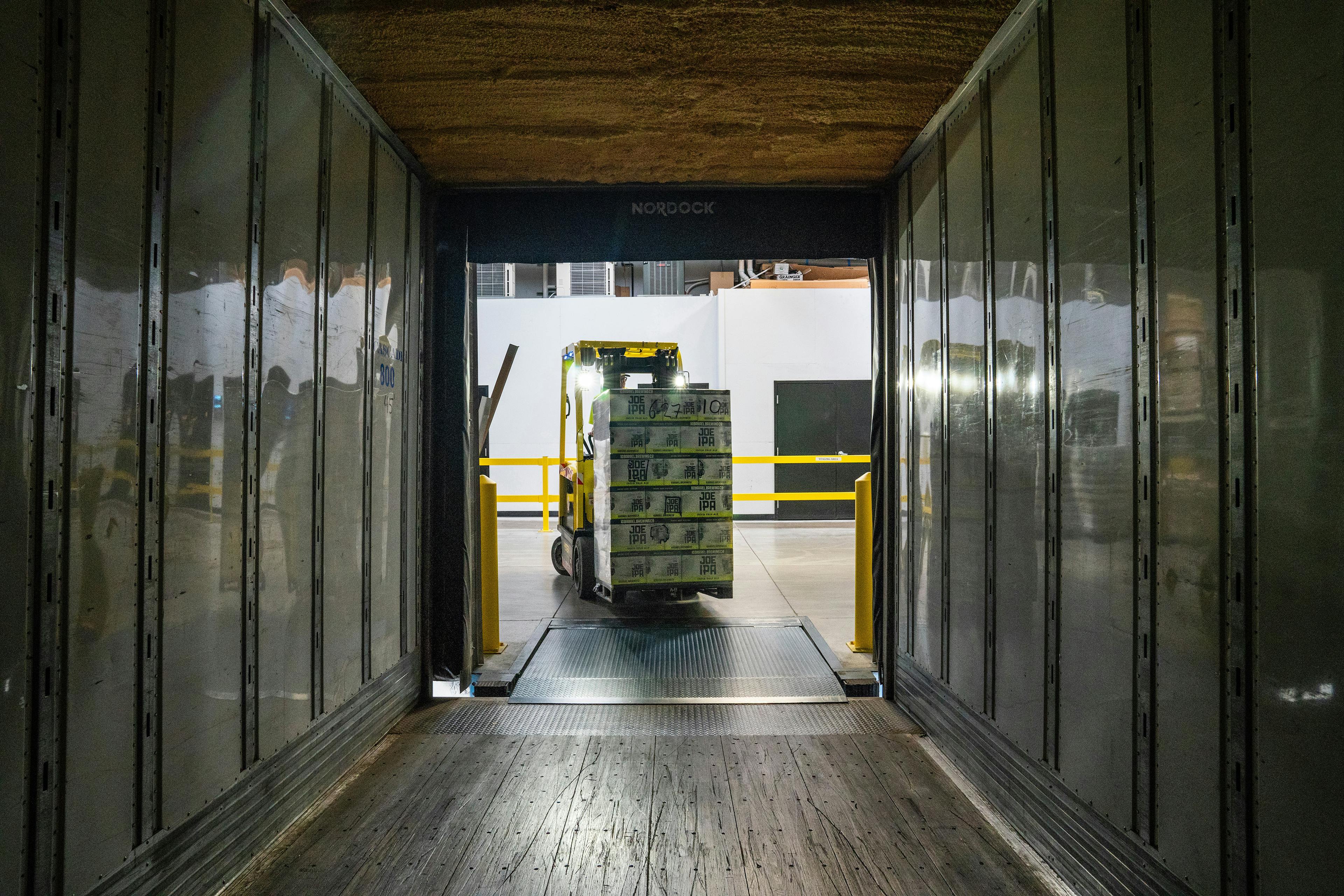The increasing global push to eradicate unsustainable production practices has seen a host of countries introducing supply chain transparency and due diligence legislation; while, closer to home, New Zealand is now exploring its own modern slavery legislation. The legalities are finally catching up to changing social expectations, but it’s Europe that is pushing supply chain transparency even further and signalling more changes to come.
A global shift
A recent majority vote in the EU means that new legislation – requiring companies to conduct due diligence throughout their supply chain, and to find and remedy environmental harm and human rights abuses – is expected to be tabled this June. This legislation is welcome recognition that expecting due diligence will take more than just goodwill. It is a telling indication of a global shift towards responsible business conduct and corporate due diligence laws that hold business accountable for the full suite of impacts found throughout their supply chains.
As part of this growing trend towards greater transparency and accountability, many countries are taking steps to introduce laws that address multiple supply chain issues, from human rights to environmental concerns. It is clear that profit before people and our environment is no longer a responsible way to operate.
Australia’s modern slavery laws position us at the forefront of this thinking. But, while we broadly recognise how important it is to take responsibility for our corporate actions, we have a long way to go in terms of fully understanding the impacts along our supply chains and benefitting from complete visibility.
The public expects more
“Over 80% of consumers think that brands and products should support causes and environmental issues.”
In the not too distant past, there were not many people who really cared about what went on behind the shop front. The supply chains behind our purchases were out of sight – and, as long as the goods arrived on the shelves, the details were unimportant. Fast-forward to today and the majority of Australians across all age groups have genuine concerns around deforestation, pollution and human rights abuses. A recent study (1) found that 80% of consumers think that brands and products should support causes and environmental issues – and they would be willing to pay more for these goods. There is an increased focus on how and where commercial goods are produced and manufactured; and brands and company activity can be outed on social media in an instant. To remedy this, brands need to be able to talk authentically about where their products come from, the materials they use, and the people that make them.
Companies will benefit, as will people and planet
Australia’s Modern Slavery Act, and the broader laws that follow, will have far-reaching impacts, fundamentally changing the way many businesses operate. The adjustment will require significant legwork over coming years, but the benefits are considerable.
Transparent and well managed supply chains reduce risk and increase resilience. Companies that take effective action – and integrate those actions into their brands – become more desirable, generate customer loyalty and attract talent. Most importantly, these progressive companies create the opportunity to address harmful impacts on people and the environment normally hidden within supply chains, which often far outweigh a company’s visible operational footprint.
The age of transparency and accountability is well and truly upon us. As a sustainable procurement professional leading a team of experts, that’s an extraordinarily exciting prospect.
If you would like to discuss how your company can take control of its due diligence and modern slavery risk, get in touch with Nicole Thompson (nicole.thompson@edgeimpact.global)








